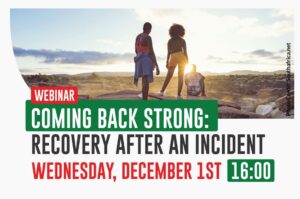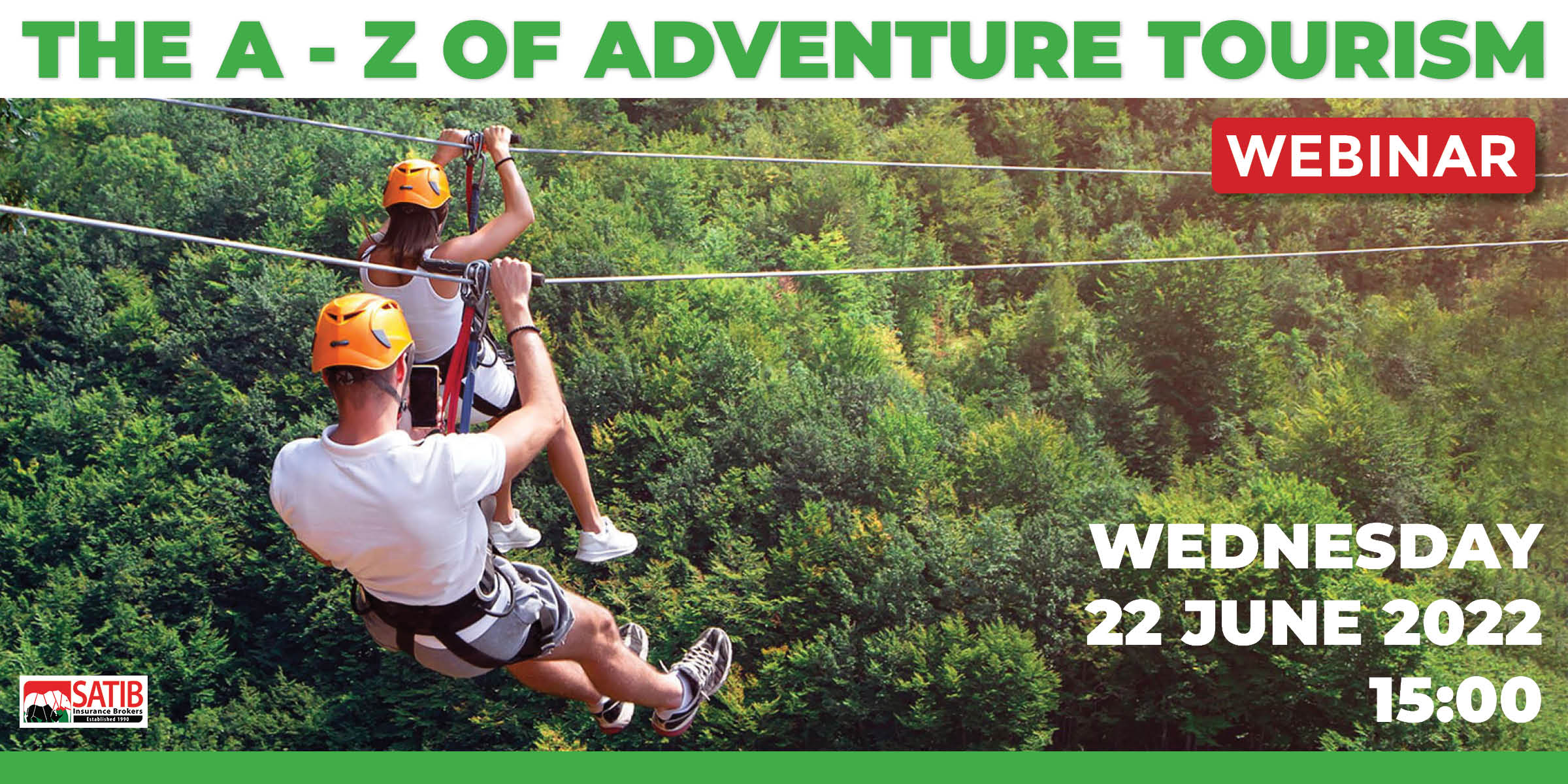Self-regulation vs. government-induced regulation
Hannelie du Toit, Chief Operating Officer at SATSA, speaks about the long road of progress towards achieving self-regulation in an industry that, in the words of Johan Radcliffe, Co-Owner and Founder of Dirty Boots and previous Chair of SATSA’s Adventure Chapter committee, is South Africa’s ‘sleeping giant’ – and an industry that is expected to be worth an estimated $1.2 trillion by 2080.
“It’s up to us to build credibility around safety management and to be able to showcase an impressive database of credible products and experiences. Adventure tourism needs to be a priority for the broader travel and tourism industry. After all, it takes a lot to chase passionate adventurers away, and very little to keep them coming back,” comments Hannelie.
SATSA is taking centre stage with regard to co-ordinating the self-regulation process. There’s a lot of trust in the association based on the due diligence work it has already completed in the tourism sector. There’s also trust in the process following successful self-regulation in the aerial/ziplining adventure space.
Mark Brown, Chairman at ARCA (African Ropes Course Association), speaks to regulation in action:
“We knew regulations were important when accidents were happening, and insurers were starting to ask questions. Many operators came together to discuss goals and challenges. We also actively engaged with government at the Department of Labour, asking them to aid us in developing standards that could fit seamlessly into existing government policy, which wound up being the Occupational Health and Safety Act. It was a long process that stretched over eight years. The aim was to keep standards simple. We didn’t want to make them difficult to abide by. After years of hard work, in Christmas 2020, our regulations were gazetted and became law in South Africa for zipline operators. Since then, over 50 zipline businesses have registered with the government.”
“The benefits of all this are widespread, including from an insurance perspective because insurance companies now have greater peace of mind regarding risk. Furthermore, registered zipline companies now tick more boxes for international tour operators, making it more likely for them to tout South Africa as a safe and exciting adventure destination. Everyone is on the same page, and it has really helped our industry,” Mark adds.
SATSA and the Adventure Chapter look forward to helping all businesses within the adventure tourism realm follow in the aerial sector’s footsteps. There’s little doubt that, with continued dedication towards achieving standardisation and regulation, it’s wholly possible for South Africa to become the adventure travel destination for thrill-seekers from around the world. Collaboration is key! For more information on how to join the SATSA Adventure chapter, please click here. #StayPlayAdventure
More webinars to explore

Insurance in a post-pandemic world
Jump to webinar recording Insurance, like so many other things, looks very different in the aftermath of the Covid pandemic. In a

SATIB24: Incident Management in Africa
Jump to webinar recording Medical emergencies are always complex, given the number of individuals and entities involved. But when those emergencies happen

Coming back strong: Recovery after an incident
Jump to webinar recording It’s every business owner’s responsibility to do everything in their power to prevent unfortunate incidents from taking place.
